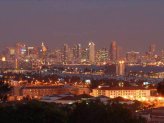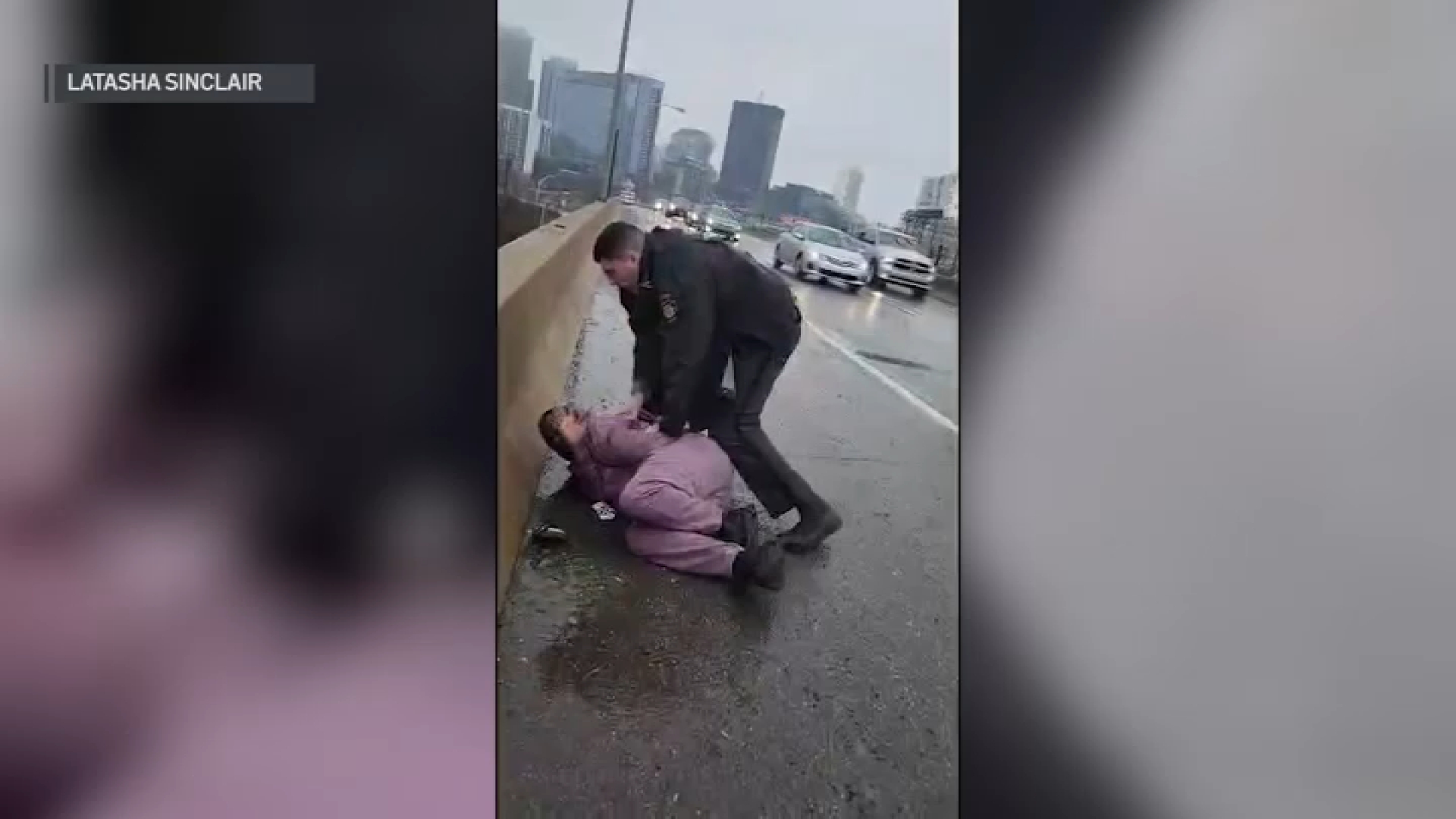"CONSENSUS" - DEPENDS ON WHO YOU ASK
If you have a brain tumor, do you really care about your podiatrist’s opinion on it? So, why is it at all important what non climate scientists think about climate change? You might say: "It isn’t brain surgery." But in a way it is. Climate change is an extremely complex subject, covering several areas of science (climatology, meteorology, geology, paleo-climatology, atmospheric chemistry, oceanography, thermodynamics-and more).
If you ask the "brain surgeons of climate change," the level of agreement is extremely high. They agree that 1) the earth has warmed and will continue to warm, and 2) human activity is the main cause of the warming. At least six different studies have found that agreement level of 90 percent to 100 percent. More than one study found the rate to be 97 percent. The studies used different methods to get the final numbers, but one thing is common: They surveyed climate scientists -- that’s all. No meteorologists, physicists, chemists or other non-specialists were included.
LESS "EXPERT": LESS CONSENSUS
Here’s what fascinates me: While the most published climate scientists had 97 percent agreement, the percentage went down for less published climate scientists.
[[375599131, C]]
The percentage was even lower for non-published scientists, and the lowest consensus was for the general public (58 percent):

WHY SO LITTLE PUBLIC CONSENSUS?
Local
Breaking news and the stories that matter to your neighborhood.
This is clear: The "anti-climate change" movement has succeeded in placing doubt within the general population. While those agreeing with the consensus have increased a lot in the past year, the gap is still very wide. I have a few theories as to why this gap exists:
1. "Doubt is our product."
A cigarette executive described the reasons behind the quote in a document revealed in a lawsuit against the industry.
There are some interesting quotes from that document that seem awfully familiar, aside from "Doubt is our product." Like "It is also the means of establishing a controversy." and "It is essential that we ascertain which type of anti-smoking information has most affected the smoking public."
So, if I was on the "non-consensus" side of the climate change issue, I would see what statistics or graphics have had the most impact, and then attack them. How about the "Hockey Stick" from Michael Mann and others? And the easy to remember 97% would need to be attacked, too.
2. When in doubt, pick the least threatening option.
This is a problem that the National Hurricane Center has had to deal with. If they issue a Hurricane Warning for a stretch of coastline, and a private weather service says the hurricane will NOT hit that area, many people choose to believe the "miss" forecast, so they won’t have to take action. This is a real concern, and real examples have occurred (and even discussed at conferences).
3. "If Al Gore is for it, then I have to be against it."
The Climate Change issue used to have bi-partisan support. That is, until the movie "An Inconvenient Truth" came out. It has gotten more and more political since then.
4. "Equal Time"
In journalism, we’ve been taught to give "equal time" to both sides of an issue. Climate scientists often cringe when a local or national TV program tries to show balance. But is that the right thing to do? As the late Patrick Moynihan once said, "You're entitled to your own opinions. You're not entitled to your own facts." This is sometimes called "false balance." This is especially true when one side is represented by a climate scientist, and the other by a non-scientist who is good on TV. The climate scientists are not commonly trained in media debates. They are trained to talk about percentages and are careful making sweeping, general statements. The non-scientist has no such restrictions, and is free to state categorical "facts" with a certainty and volume that comes across convincingly. And the loudest voice often wins on TV.
Here’s an interesting article on the subject.
"THE BRAIN SURGEONS HAVE SPOKEN"
Even though I’ve been a meteorologist for 40-plus years, and have a Bachelor of Science degree to go with it, I still don’t consider myself to be an expert on climate change. I leave the basics to the experts. When in doubt, Google the name of the people you see on a TV or internet "debate" and see what their backgrounds are. That will tell you whether they’re worth listening to.
As for what to do about the changing climate, that’s a completely different issue. It may be that no one is an expert on that one.



